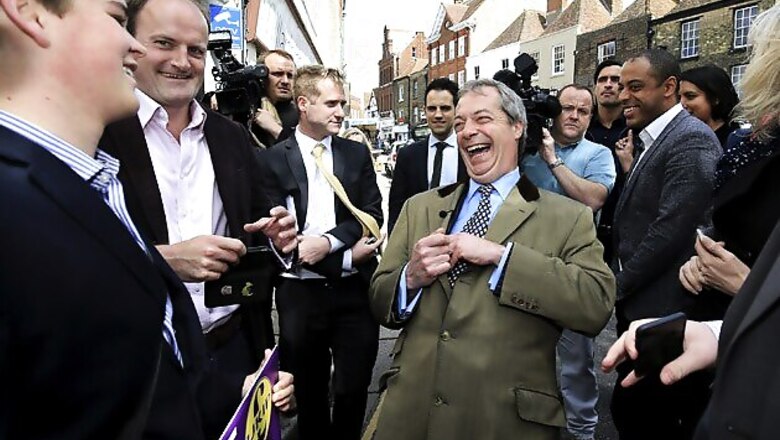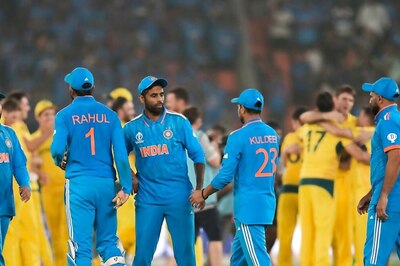
views
London: This year marks the 750 years of the first sitting of British parliament and 800th anniversary of the signing of the Magna Carta. Over the years, many countries have referred to and borrowed from the Westminster Model of representative democracy while drafting their constitutions; adapting to the needs and requirements of their respective demographics. And then they have moved on allowing the force of people’s mandate to usher in coarse corrections.
Despite Tories and the Liberal Democrat running a coalition government for a full term, Britain it seems has still not been able to reconcile to the changed paradigm in its polity. As campaign to elect a new Parliament and government comes to an end, the concern remains a hung Parliament forcing post poll negotiations and alliance building an integral component in government formation.
So used to the bi-polar polity between the Conservatives and the Labour, for many the emergence of regional and insurgent forces has disturbed the equilibrium. The discomfiture persists despite countries all about Britain and far-off have adapted to the era of coalition politics.
India too had had a long stint with coalition politics beginning 1989, both at the Centre and states. In politics, a fractured polity is a manifestation of the people’s will. Willy-nilly, political parties have to adapt to it and work accordingly. And stability is no guarantee to the performance of government, which can be so aptly exhibited by a comparison of UPA’s first and second term in office.
Slowly yet steadily, when all the opinion polls are predicting a hung Parliament in the May 7 elections, a sense of fait accompli seems to be percolating down. No one is expected to get a clear majority is seems in the House of Commons with 650 seats.
If United Kingdom Independent Party (UKIP) led by Nigel Farage with its anti-EU stance has dented the Tories down south, the Scottish National Party riding on the momentum of the unsuccessful referendum has almost swept the Labour out of their Scottish strongholds.
Interestingly now, a country so oblivious to the complications and compulsions of coalition politics is beginning to accept the changed paradigm- though reluctantly as fait-accompli. Terms like tactical voting, post poll alliances are entering the lexicon.
The Guardian reported the other day that conservatives might transfer their vote to Liberal Democrat leader Nick Clegg who was on the verge of losing his constituency. This is to ensure that Labour does not gain the seats Lib Dem looses for Clegg is more inclined to join a Tory led coalition post polls. A lesson or two from India, especially Mayawati’s Bahujan Samaj Party on vote transfer would be quite enlightening to British politicians.
The upsurge of regional forces in the form of the Scottish National Party has disturbed many calculations. The reality of the fractured polity was so in the face early in the elections when SNP leader Nicola Sturgeon was seen to a clear winner by many observers in a TV debate which had participants from seven parties including Tories and Labour led by their respective leaders David Cameron and Ed Miliband.
With just hours before the votes are to be cast, the debate has taken another interesting turn with all the hues of coalition politics. Who is to be invited to form the government in a hung Parliament- the single largest party? The incumbent PM has a right to continue in office and prove his majority?
Sounds familiar, isn't it. Some refer the 1994 SR Bommai vs Union of India case please.
(Sumit Pande is Political Editor, CNN-IBN. He is currently a Journalist Fellow at Reuters Institute for the Study of Journalism at University of Oxford)



















Comments
0 comment